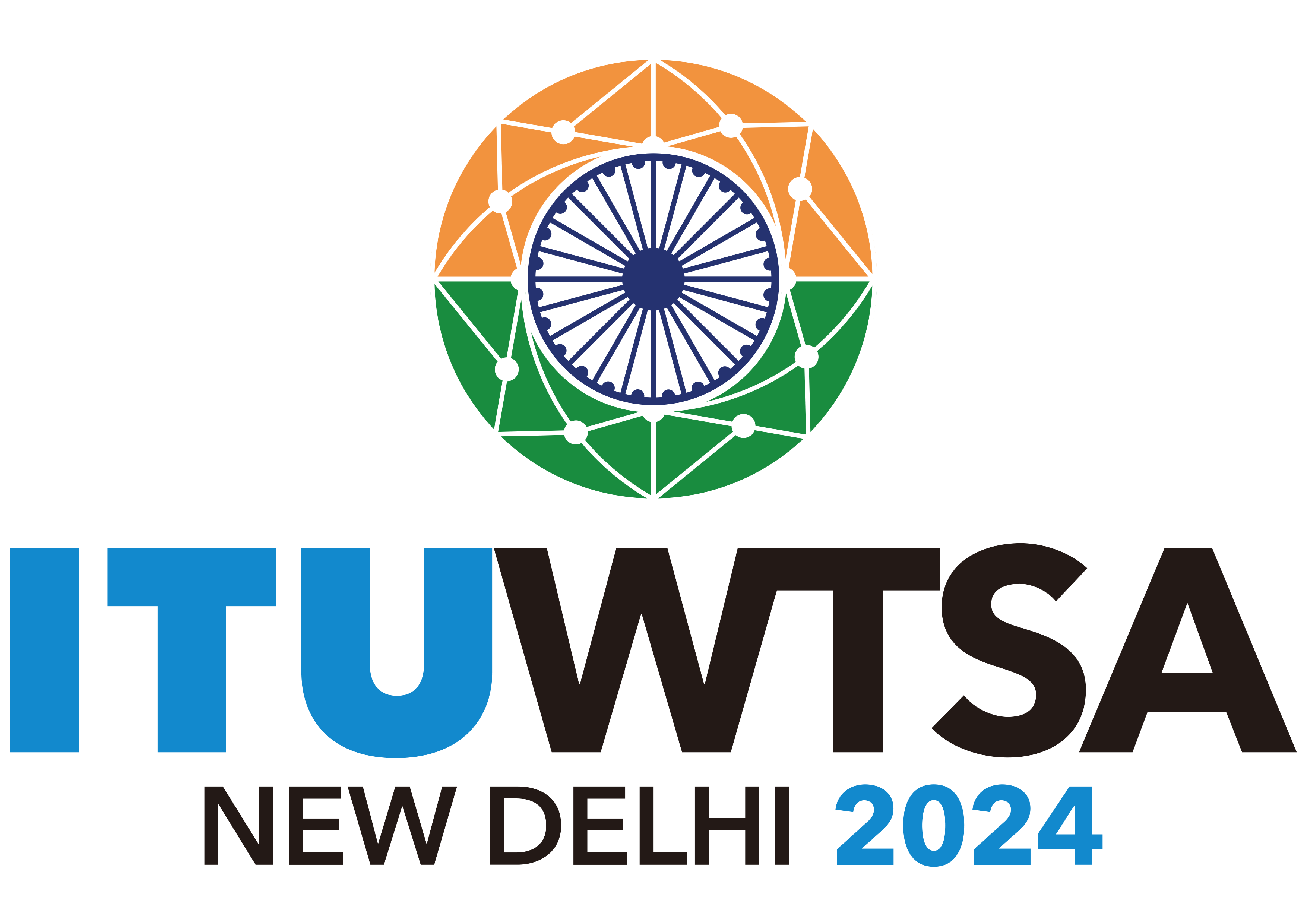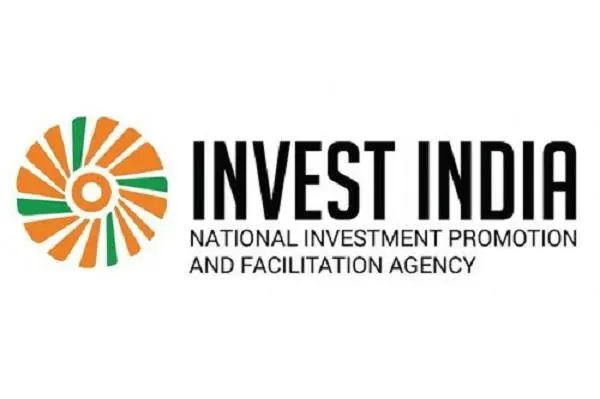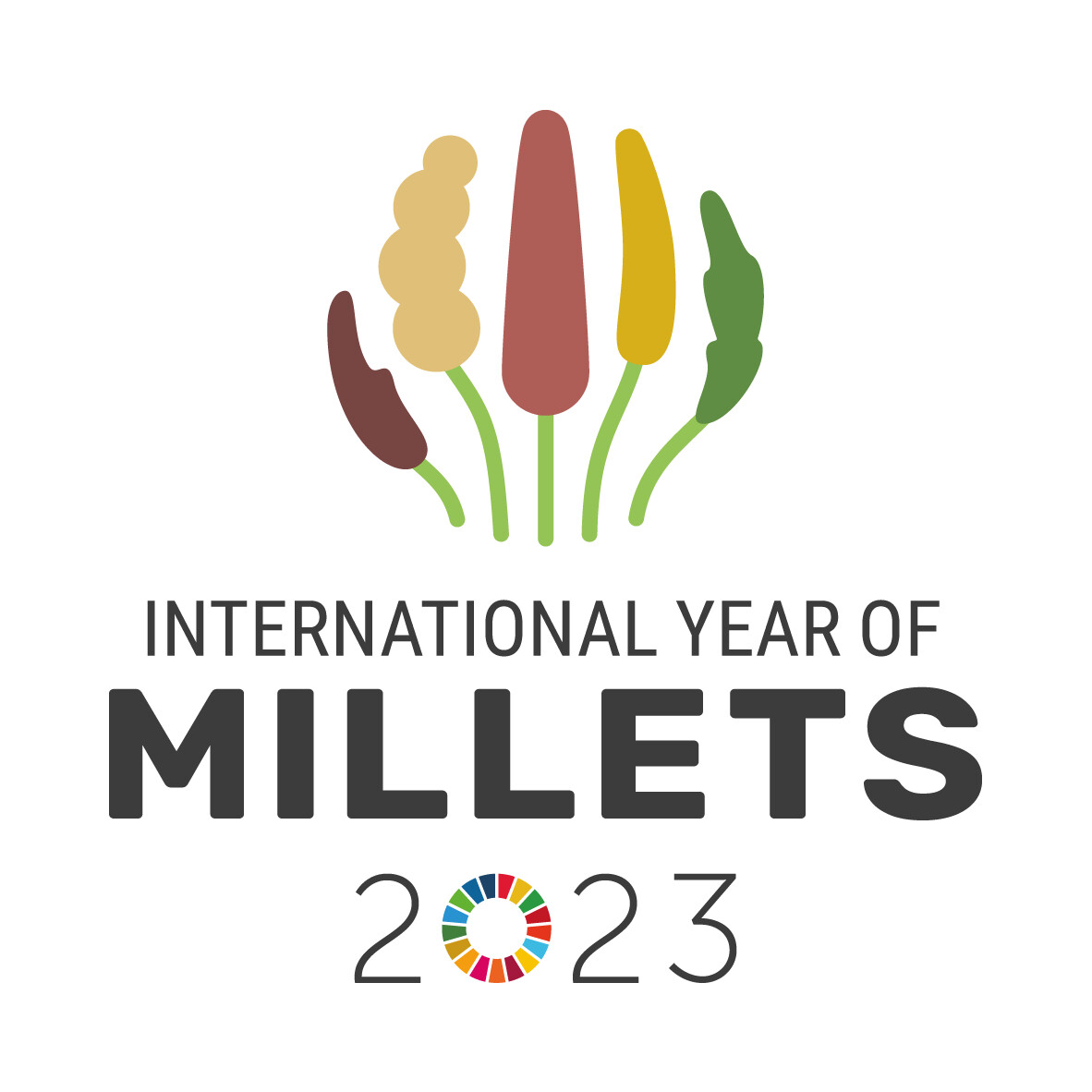15th India-Korea Dialogue: Guest remarks
[Westin Chosun Hotel: Nov. 18, 2016]
Your Excellency, Prime Minister LEE;
Prof. JUNG Ku-Hyun, President, Seoul Forum for International Affairs
Prof. AHN Choong-yong, Chairman, Korea Commission for Corporate Partnerships;
Professor KATHURIA, Director of ICRIER,
Ambassador TAYAL;
Distinguished academics, professors, friends and colleagues,
Let me begin with a shortlist of thank-yous:
i. To the Seoul Forum for their hospitality, and for their commitment to taking forward this dialogue with such commitment for the last decade and more.
ii. Thanks in particular to Professor AHN, who has been enormously patient with all the complications of putting together this event, year after year.
iii. To the ICRIER team, and to Prof KATHURIA for his perseverance. I'm particularly thankful to ICRIER for using expertise from our small community of qualified compatriots here--Ms ACHARYA at GGGI; Mr RAMACHANDRAN of IBI; Mr SHARMA of Korea's Kangnam Group; Dr PANDA of IDSA--here on a visit--and our own Defense Attache. For a dialogue like this to remain energized and relevant, it is most useful to develop an architecture that uses expertise wherever we find it.
Friends,
It has been a turbulent year since the 14th round last year in New Delhi. Just two events this year, both dismissed as improbable and unlikely, have become black swans for the international systems: BREXIT and the US election. What is clear as a result is that we truly live in uncertain times, where change and uncertainty are the only constants.
Perhaps we are truly at an inflexion point in our history. If so, this makes our dialogue timely. For if change and uncertainty is a given, today we live in an era of deep transformation, and disconcerting responses to change.
In our times, change proceeds at a geometric rate: we only need to look at technologies that were hailed as “new” ten years ago, to see how far we have come. Change is faster and more universal than ever before. And it is so in part because ours is an era infatuated by change—new technology, new ideas, new products. May be this is because we expect, based on recent history, that "change" equals "progress".
The rate and nature of change is accelerating and mutating all the time, especially in economics and technology, the two main drivers of change. Both impact upon the balance of power between and within states. And it is relevant for our dialogue that it is Asia that continues to see an axial shift underway. It is doubly relevant, for we Asians often assume that changes will be stupendous, based on recent history, and these will be positive.
It is Asia that is home to two large rising countries that are simultaneously seeking a greater role in international governance, at a time when the leading international power remains entrenched. Somewhat ahistorically, the dominant global power--the US-- is not declining (election outcome notwithstanding): it is China and India that are rising faster.
As a result, it is also an Asia in which inter-state rivalries require, more than ever, mechanisms of regional stability, rules-based processes, and better management of the global commons to secure the environment that has enabled decades of progress. In many ways, this presupposes a continued--and perhaps even more engaged--US presence.
Looking at one half of Asia, the Indo-Pacific, broadly it can be concluded that change in the past decade or more has inspired economic pragmatism to trump political animosity. Certainly, Asian millennials are focused more on the promise of future growth rather than historical grievance, but this does not always hold good for older Asians.
Today, private entrepreneurs are making inroads into the state-dominated economy in China, and in a historically inward-looking Indian economy, which is now engaging more aggressively with the outside world. A formerly flailing Japan has found stable political leadership, and is adding strategic weight to its economic sinews.
Korea too looks to transcend the regional box to which geopolitics has long confined it, realizing the promise of a global Korea that its pioneering businesses have generated in the last two decades.
In the other half of Asia, we see a different challenge. Animosities as old as civilization are still being agitated, and the ensuing conflict and atavistic impulses are fuelled by the search for energy security and by geopolitics.
In short, Asia is a continent where the stakes are rising rapidly - both in economic promise and expansion of individuals' horizons, but also in environmental, energy and security challenges.
Friends,
In this pan-Asian scenario, located as we are in India, you could be an optimist or a pessimist, merely on the basis of whether you look east, or west. Either way, irrespective of whether you expect the worst case or the best, for us, there is no doubt that Asia will be at the centre of the action.
For Korea too, its challenges and opportunities begin first of all from Asia, and I venture to say that for you too, whether you are an optimist or a pessimist depends equally on whether you feel confined to your region alone, or if you raise your sights to the horizon beyond the regional box, to benefit from the opportunities emerging from changes elsewhere in south Asia, southeast Asia, central Asia and beyond.
Therefore, managing change, and dealing with its discontents, will be the key part of the narrative scholars and policy makers must debate in the near future. Sharing assessments, strategies and generating new and tangible ideas for cooperation must become part of our default approach. Indeed, I would go so far as to say that this would be the key challenge for much of the rest of this half of our century (the second half of this century need not concern us as I doubt that most of us will care very much wherever we are after 2050!)
This is especially so in countries such as ours, where there is a neat synergy between our respective needs and capacities. I often say that ours has been a story of mistimed opportunities—we pay attention to you when you are not, and vice versa—but maybe this is set to change, finally. As our dialogue will show—and I am confident of this, there are perhaps few countries with such differences at the surface as our two countries, which have at the same time as many unexplored and unrecognized commonalities and synergies as we do. This is why I often say, in Korean, ….indo neun, hankuk gwa, chalteok gunghap ibnida.
Thank you.













